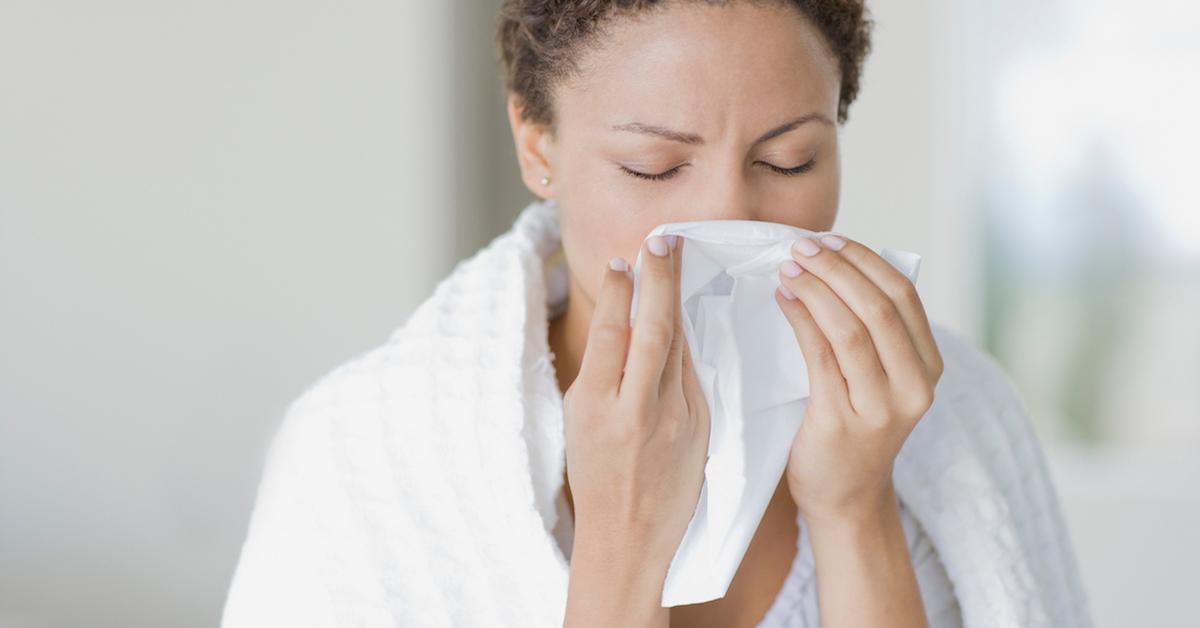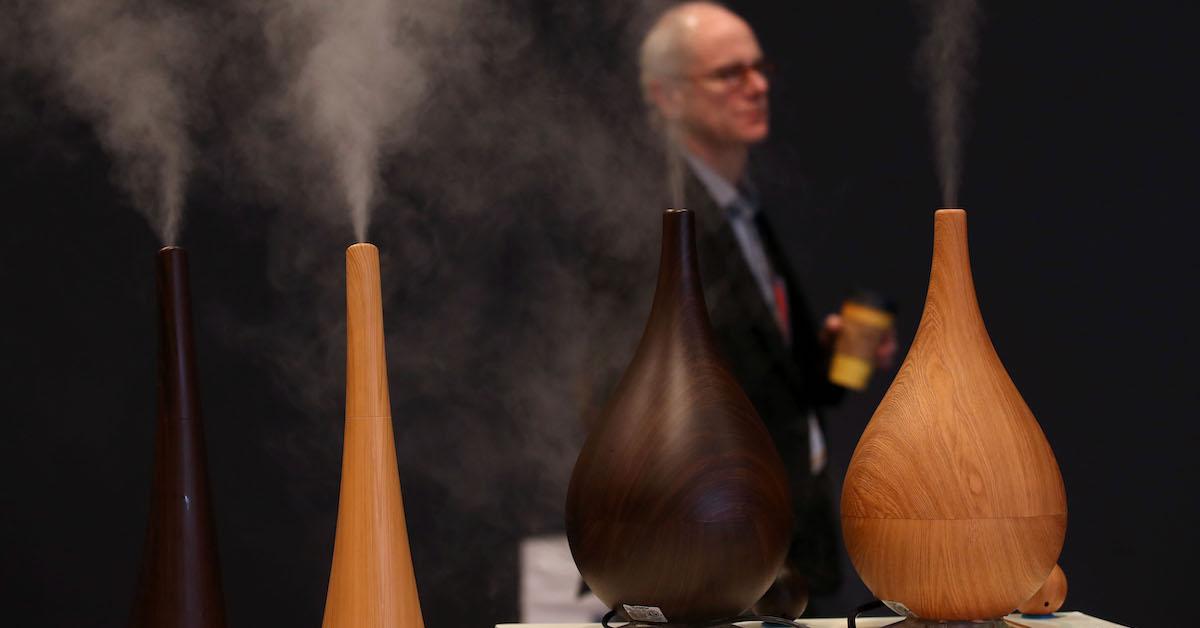How Humidifiers Can Provide Allergy Relief
Published July 5 2021, 4:32 p.m. ET

Whether you’re allergic to pollen, pet dander, mold, or dust, it’s no fun having allergies. You’re not alone — so many people suffer from the dry eyes, irritated sinuses, and labored breathing that comes with seasonal or everyday allergies. And while there are many contrivances designed to reduce common allergens, one of the best gadgets you can get might actually be a humidifier. But how do humidifiers help with allergies? And which models are the best?
Do humidifiers help with allergies?
Humidifiers absolutely help with allergies — just probably not in the way you think. According to Healthline, humidifiers work to reduce allergy symptoms by improving the condition of mucus membranes. By increasing the relative humidity in the air, nasal passageways and tissues become less inflamed, which allows them to naturally blow out more allergens and irritants. It also enables the cilia inside the nasal passages to more effectively trap and expel allergens.

According to Molekule, increasing the relative humidity to above 50 percent can actually cause some allergens to thrive. Mold and dust mites love nothing better than warm, moist air, so you’ll want to keep the relative humidity at closer to 30 percent. The moist air will also help the nose, eyes, and throat from feeling so dried, reducing coughing and dry, itchy eyes.
Humidifiers also reduce the number of airborne pathogen particles in the air. This is because water vapor tends to condense over these particles, creating water droplets. Just remember to vacuum any carpeted rooms where you run humidifiers often, as vacuuming can help lift those allergens out of the carpet.
Unfortunately, according to Healthline, improperly maintained humidifiers can also cause bacteria, mold, and other dangerous fungi to grow and thrive, making a relatively minor problem that much worse. Many molds can be dangerous if ingested or breathed into the lungs, so be sure to keep your humidifier clean and filled with fresh water every time you use it.
Is an air purifier or humidifier better for allergies?
There is some debate over whether a humidifier or air purifier is better for allergies, but neither is “better” because both serve a different function. Air purifiers capture the particles that generally cause allergies such as dust, mold, animal hair, and pollen. In doing so, these devices reduce allergen levels, making the air easier to breathe.
Humidifiers, on the other hand, don’t actually reduce allergen levels. Instead, they are used to alleviate allergy symptoms caused by dry eyes and sinuses. They might be very helpful at neutralizing some allergens, but this isn’t their main function.
What is the best humidifier for allergies?
According to Shape, CNN, BuzzFeed, Good Housekeeping, NBC News, USA Today, and New York Magazine, the top-rated humidifier in terms of reducing allergy symptoms is the Pure Enrichment MistAire Ultrasonic Cool Mist Humidifier. With 36,000 five-star customer reviews on Amazon, it's hard to argue against this top-rated humidifier. With one fill, this device can provide 150 milliliters of moisture per hour to a space for up to 16 hours. It’s BPA-free, easy to clean, and most importantly, effective.
If you’re suffering from sinus-drying allergies, consider getting a humidifier. It doesn’t need to have all the bells and whistles of the top-rated one above, but it should help matters a bit in terms of lessening your symptoms.